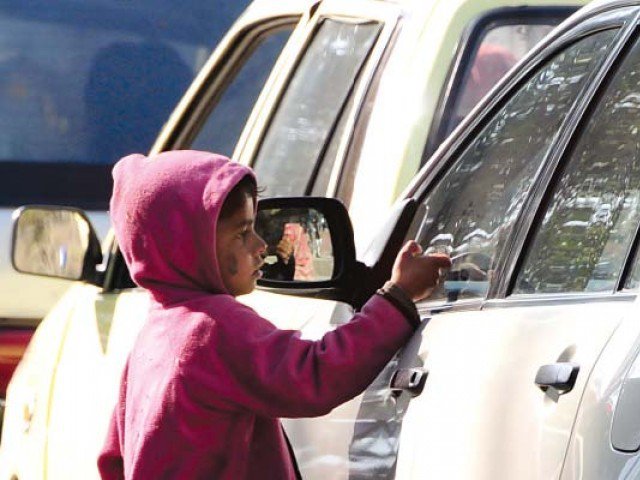
The Punjab Cabinet has approved amendments to the province's anti-begging law, escalating penalties for those forcing others to beg and making it a non-bailable offence, officials said on Tuesday.
The amendments to The Punjab Vagrancy Ordinance 1958 increased jail terms and fines for leaders of begging mafias.
Under the revised law, a ring leader forcing a single person to beg could face up to three years in prison and a fine of Rs100,000 to Rs300,000.
Failure to pay the fine may result in an additional six months in jail.
Forcing multiple individuals to beg could lead to a sentence of 3 to 5 years and a fine between Rs300,000 and Rs500,000, with similar additional penalties for non-payment of fines.
Stricter punishments are prescribed for cases involving children, with sentences ranging from 5 to 7 years and fines from Rs500,000 to Rs700,000.
If fines are unpaid, an additional year in prison will be imposed.
In the most severe cases, where a person is disabled and forced to beg, the punishment extends to 7 to 10 years in prison, with fines of Rs1 million to Rs2 million.
An extra two years in jail will be added for unpaid fines.
Repeat offenders will face double the original sentence and fines, according to the new provisions.
The amendments are part of a broader crackdown by the Punjab Home Department on professional begging networks. "These enhanced penalties are essential to deter the begging mafias and hold them accountable," a Punjab Home Department spokesperson said.
1724770572-0/Untitled-design-(14)1724770572-0-405x300.webp)





1724770699-0/Untitled-design-(7)1724770699-0-270x192.webp)




1724404034-0/Thumbnail-Template-(5)1724404034-0-270x192.webp)













COMMENTS
Comments are moderated and generally will be posted if they are on-topic and not abusive.
For more information, please see our Comments FAQ